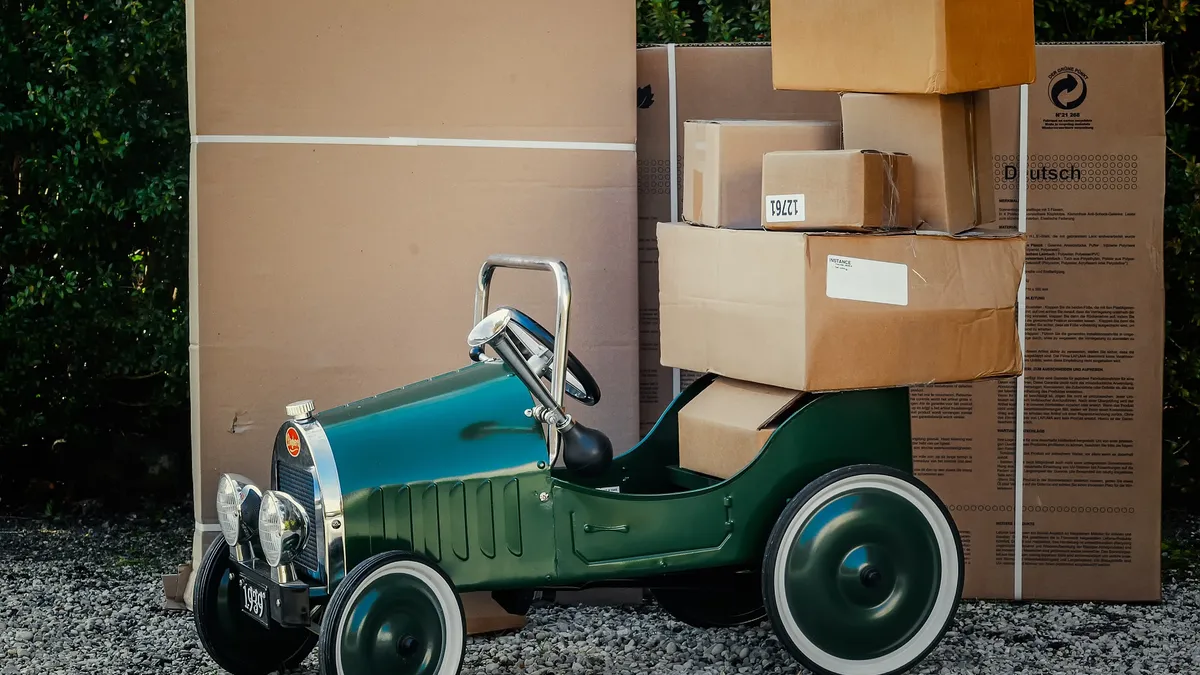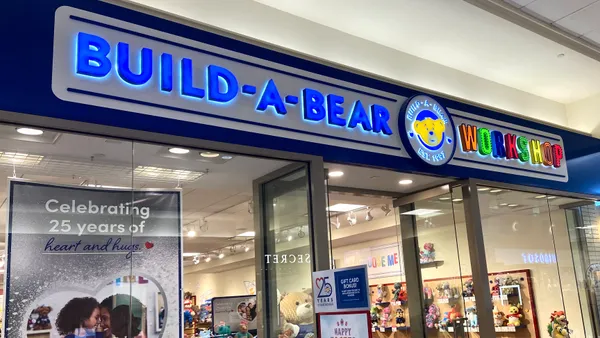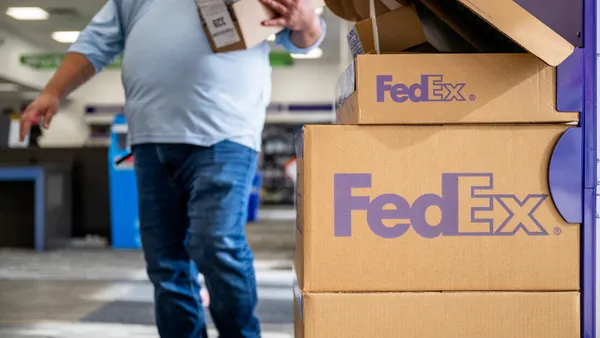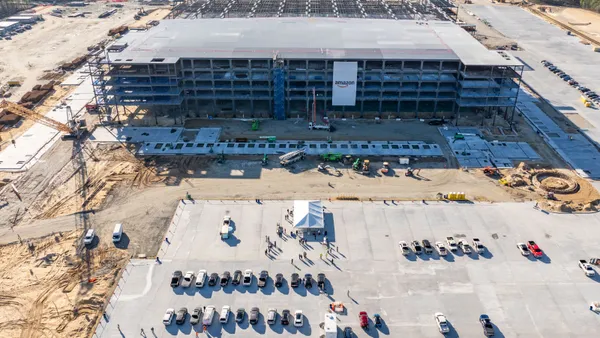Dive Brief:
- Lean methodology demands the elimination of any material, effort, or expense that fails to add value for the customer, the KaiNexus recently wrote in its blog.
- The company identifies seven types of waste, including overproduction, transport waste, unnecessary motion, excess inventory, lost time on unmoved goods, over processing goods and defects in products.
- In all business, small degrees of waste will happen, but successful efforts to minimize it can set a winning company apart and help increase efficiency.
Dive Insight:
Companies facing tighter margins and an increased need for investment can find savings in managing waste instead of restraining capacity, especially as lean supply chains remain popular. Regular reconsideration of current methods to ensure lean production may yield savings by eliminating any of the above missteps.
Among the seven types of waste identified by KailNexus, another opportunity for waste reduction — both environmentally and in supply chain processing — lies in packaging techniques. Packaging may at times be geared toward visual appeal rather than economy, specially for consumer packaged goods, but as packaging material technology improves and shipments decrease in size so does the opportunity to minimize the total space and materials used in packaging processes.
Further, eliminating non-sustainable materials like Styrofoam and other difficult or impossible to recycle plastic derivatives could enhance product appeal to earth-conscious buyers. With proper labeling, this may result not just in additional savings for the company in terms of materials, but also increased earnings from shoppers seeking green products.














